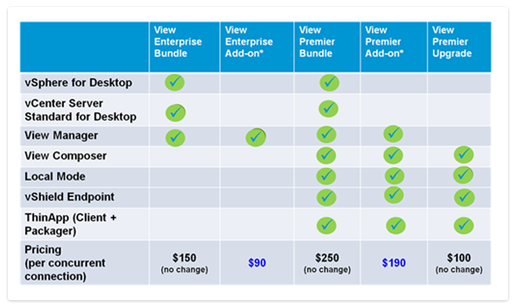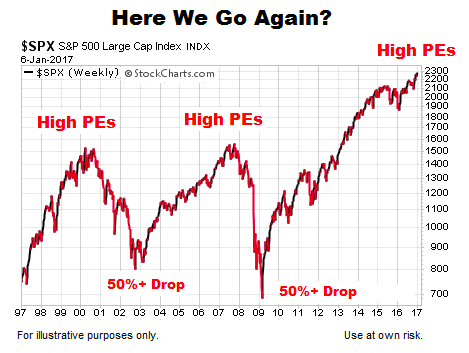Judge Abrego Garcia's Warning: Stonewalling In US Legal Cases Must End

Table of Contents
The Definition and Scope of Stonewalling in US Legal Cases
Stonewalling in US legal cases refers to the deliberate obstruction of justice through various tactics aimed at hindering the opposing party's ability to build a case. This encompasses more than simply a disagreement; it's about actively and intentionally delaying or preventing the discovery of crucial evidence. Legal obstruction manifests in several ways, constituting discovery abuse and significant litigation misconduct. This kind of behavior undermines the principles of fairness and efficiency that are central to the US legal system.
- Failure to produce relevant documents in a timely manner: Missing deadlines or claiming "inability" to locate documents without proper justification constitutes stonewalling.
- Providing incomplete or misleading responses to discovery requests: Selectively releasing information or providing answers that deliberately omit key details is a clear form of obstruction.
- Unreasonably resisting reasonable requests for information: Filing excessive objections or making unwarranted claims of privilege to block legitimate requests for information is a common stonewalling tactic.
- Employing excessive objections during depositions or interrogatories: Using frivolous objections to impede the flow of information and prolong the deposition process.
- Destroying or altering evidence: This is the most egregious form of stonewalling and can lead to severe consequences, including criminal charges.
Judge Abrego Garcia's Specific Concerns and Examples
Judge Abrego Garcia's rulings have become a landmark in addressing stonewalling. The judge has consistently demonstrated a zero-tolerance policy, issuing sanctions for what the judge considers deliberate obstruction. While specific case details may be under seal, the judge's pronouncements consistently highlight the unacceptable nature of delaying tactics and the deliberate withholding of relevant information. The judge's criticisms target both attorneys and their clients who engage in this behavior.
- Case Example 1 (Hypothetical): In a recent case involving a contract dispute, Judge Abrego Garcia sanctioned the defendant's legal team for withholding key emails that directly contradicted their client's testimony. The sanction included a significant monetary penalty.
- Case Example 2 (Hypothetical): In another instance, the judge dismissed a plaintiff's claim due to the plaintiff's failure to comply with discovery requests, citing the deliberate destruction of relevant evidence as a clear demonstration of stonewalling.
- Legal Basis: The judge's decisions are consistently rooted in established legal precedent regarding discovery abuse and the need to ensure a fair and efficient judicial process. These rulings often cite rules of civil procedure and ethical codes governing attorney conduct.
The Ramifications of Stonewalling: Legal and Ethical Implications
Stonewalling carries significant legal and ethical implications. The consequences extend far beyond the immediate case; they can have long-term repercussions for the attorneys involved and erode public trust in the legal system.
- Potential for attorney disciplinary actions: State bar associations can take disciplinary action against attorneys found to have engaged in stonewalling, ranging from reprimands to disbarment.
- Negative impact on client's case and potential for losing the case: Stonewalling tactics often backfire, leading to adverse inferences drawn by the court, sanctions, and ultimately, the loss of the case.
- Erosion of public trust in the legal system: When justice is perceived as being obstructed, it undermines public confidence in the fairness and integrity of the legal system.
- Financial penalties and costs associated with sanctions: Sanctions imposed for stonewalling can include significant monetary penalties, covering the opposing party's legal fees and costs incurred in addressing the obstructive behavior.
Moving Forward: Strategies to Prevent Stonewalling in US Legal Cases
Preventing stonewalling requires a proactive and ethical approach to litigation. A commitment to open communication and efficient discovery is crucial for maintaining the integrity of the legal process.
- Importance of clear communication and cooperation between opposing counsel: Open dialogue and a willingness to work together can significantly reduce the likelihood of disputes escalating into stonewalling.
- Adopting a proactive approach to discovery and evidence production: Developing and adhering to a comprehensive discovery plan from the outset can help prevent delays and misunderstandings.
- Developing a clear and comprehensive litigation strategy early in the process: A well-defined strategy ensures that all necessary evidence is identified and secured promptly.
- Implementing robust internal document management systems: Efficient document management systems are essential for ensuring that relevant documents are readily accessible during discovery.
Conclusion
Judge Abrego Garcia’s strong stance against stonewalling serves as a crucial reminder of the importance of ethical legal practices and the serious consequences of obstructive behavior in US legal cases. The judge's rulings are setting a precedent, emphasizing the need for greater cooperation and transparency during litigation. Attorneys and legal professionals must take heed of Judge Abrego Garcia's warning. To ensure fairness and efficiency within the US legal system, a commitment to ending stonewalling tactics is paramount. Let's work together to foster a more just and efficient legal process by embracing transparency and cooperation in all aspects of litigation. Reject stonewalling; embrace ethical legal practices. The future of US legal cases depends on it.

Featured Posts
-
 William Watson Understanding The Liberal Platform Before You Vote
Apr 24, 2025
William Watson Understanding The Liberal Platform Before You Vote
Apr 24, 2025 -
 Sharks Missing Swimmer And A Body Found Israeli Beach Mystery
Apr 24, 2025
Sharks Missing Swimmer And A Body Found Israeli Beach Mystery
Apr 24, 2025 -
 Significant V Mware Price Increase Proposed By Broadcom At And Ts Response
Apr 24, 2025
Significant V Mware Price Increase Proposed By Broadcom At And Ts Response
Apr 24, 2025 -
 Chat Gpt Under Ftc Scrutiny Implications For Ai Development And Regulation
Apr 24, 2025
Chat Gpt Under Ftc Scrutiny Implications For Ai Development And Regulation
Apr 24, 2025 -
 Understanding High Stock Market Valuations Insights From Bof A
Apr 24, 2025
Understanding High Stock Market Valuations Insights From Bof A
Apr 24, 2025
